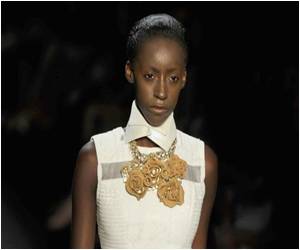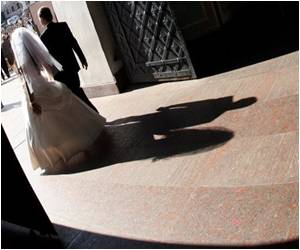
The series of study involving more than 1,500 people found that an unknown black male is conceived of similarly to an unknown white male who has been convicted of assault.
"I've never been so disgusted by my own data," said lead author Colin Holbrook from UCLA.
"The amount that our study participants assumed based only on a name was remarkable. A character with a black-sounding name was assumed to be physically larger, more prone to aggression, and lower in status than a character with a white-sounding name," said Holbrook.
In all versions of the study, participants were asked their intuitive impression of the character's height, build, status, aggressiveness and other factors.
During one of the series of the study, the mostly white participants, aged 18 to mid-70s, from all over the United States and self-identifying as slightly left-of-center politically, read one of two nearly identical vignettes.
Advertisement
The larger the participants imagined the characters with "black"-sounding names, the lower they envisioned their financial success, social influence and respect in their community. Conversely, the larger they pictured those with "white"-sounding names, the greater they envisioned their status, said co-author and UCLA anthropology professor Daniel Fessler.
Advertisement
"In essence, the brain's representational system has a toggle switch, such that size can be used to represent either threat or status. However, apparently because stereotypes of black men as dangerous are deeply entrenched, it is very difficult for our participants to flip this switch when thinking about black men," added Fessler.
The study was published in the journal Evolution and Human Behavior.
Source-Medindia









